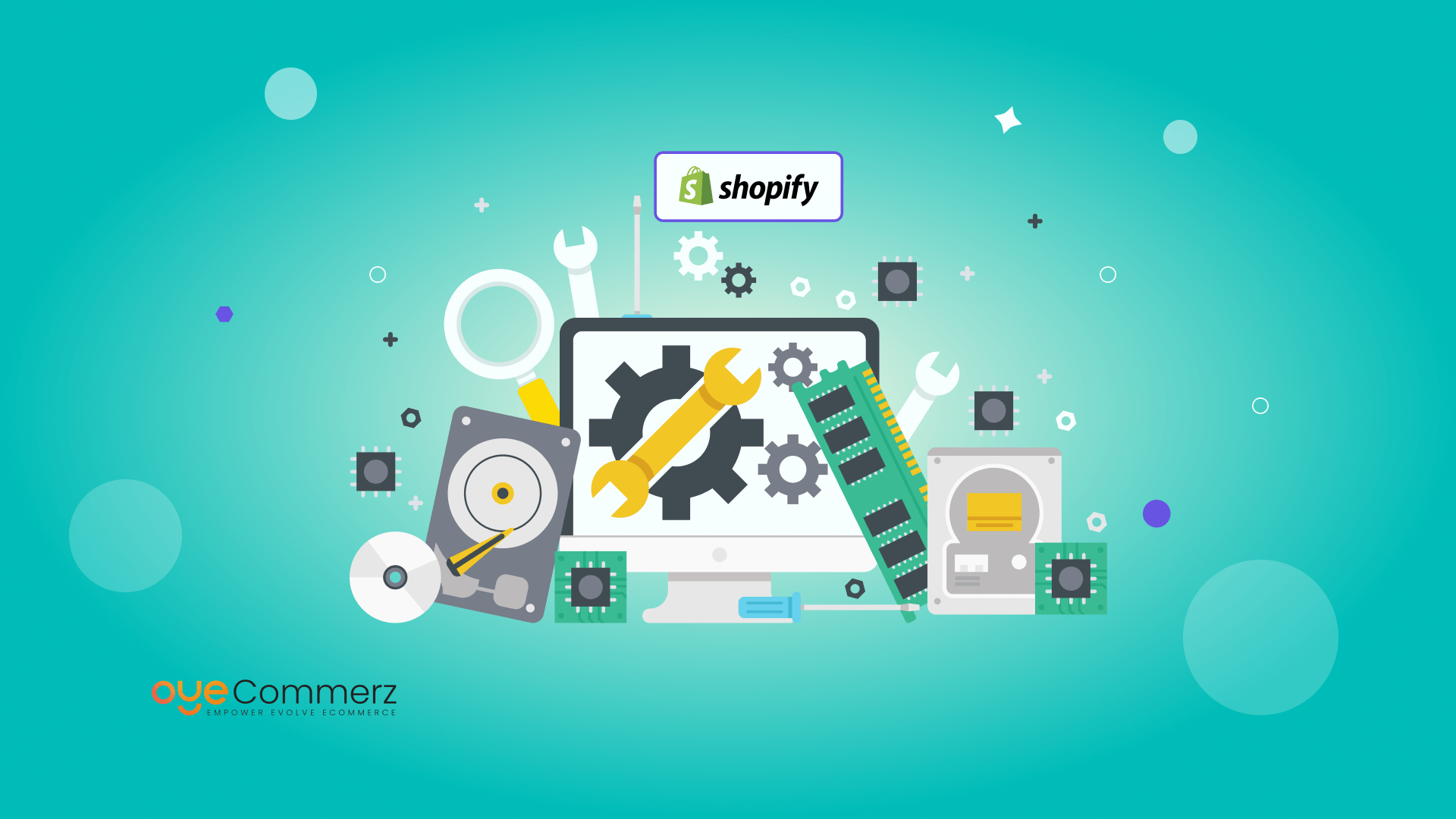Overview
In today’s cutthroat e-commerce landscape, standing out is essential, and one of the best ways to differentiate a Shopify store is through tailored app development. A robust Shopify app can enhance store capabilities, simplify processes, and elevate customer interaction. This article explores key elements of Shopify app development, from API integration to growth techniques and promotion methods, providing a roadmap for companies looking for unmatched store efficiency.
The Importance of Shopify API Integration
Shopify’s API offers robust tools to customize and expand store capabilities. With the GraphQL and REST API options, developers can access data to build applications that handle inventory management, order processing, and customer information management smoothly. Integrating Shopify’s API can enable improved workflow automation and allows stores to serve customers more efficiently.
Utilizing the Polaris Design System
Polaris is Shopify's set of design guidelines for designing intuitive and easy-to-use Shopify apps. By adhering to Polaris guidelines, developers guarantee that apps seamlessly integrate within the Shopify Admin experience. This provides a cohesive look and feel that appeals to Shopify merchants, encouraging ease of use and comfort for merchants using your tailored app.
Navigating the Shopify App Ecosystem
The Shopify app ecosystem provides numerous opportunities for enhancing e-commerce sites. From handling order fulfillment to boosting customer engagement, apps in this environment are designed to meet diverse business requirements. Learning about this ecosystem helps developers in finding unique app opportunities and enables seamless integration of third-party services that add value to the store.
Developing Embedded Shopify Apps
Embedded apps integrate directly within the Shopify Admin, allowing a seamless experience for merchants. They allow merchants don’t have to leave their Shopify control panel, simplifying their process. Using Shopify App Bridge and embedded app capabilities is recommended for providing a cohesive, integrated user experience.
Leveraging Node.js and React for Shopify Development
Node.js and React have become top options for Shopify app development. Node.js enables efficient back-end services, while React allows for dynamic, responsive front-end design. Combined, they offer an excellent platform for creating speedy, growth-ready Shopify apps that enhance store Key features for Shopify stores performance and customer interaction.
Utilizing Webhooks in Shopify Development
Webhooks enable instant data updates between Shopify and an external app. They trigger events such as order creation or stock changes and provide immediate alerts to your app. By utilizing webhooks, apps can provide up-to-date insights for store owners, simplifying processes and boosting productivity.
Customer Engagement and Digital Marketing for Shopify Apps
To make a Shopify app successful, connecting with users is key. Utilizing digital marketing strategies like SEO, email marketing, and social media campaigns can increase app usage. Additionally, designing apps with customer engagement in mind (e.g., loyalty programs or personalized recommendations) boosts user retention and satisfaction.
Making Your Shopify App Scalable
As e-commerce stores expand, so do their technological needs. Ensuring that your app can scale to handle higher usage, larger databases, and more complex functionalities is essential. By improving server resources and using scalable solutions, you can develop apps that expand in parallel to a store’s growth.
Important Features and Maintenance Tips for Shopify Apps
For an app to be effective, it should offer essential features like user authentication, analytics dashboard, and support channels. Regular app maintenance, including updates to fix bugs and ensuring compatibility with new Shopify functionalities, is vital to maintain uninterrupted performance and avoid interruptions to merchant workflows.
Conclusion
Custom Shopify app development offers immense opportunities for e-commerce businesses, offering the ability to improve store functionality, simplify operations, and build customer relationships. Streamline Shopify processes With API integrations and Node.js to ensuring scalability and customer engagement, creating a Shopify app involves careful planning and well-planned actions. If you’re ready to unlock your store’s full potential, a tailored Shopify application could be the ideal choice. What capabilities do you see for your dream application? Share your ideas and take the first step toward an optimized e-commerce experience!
